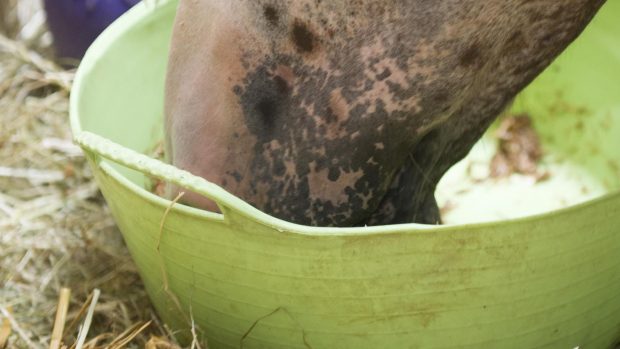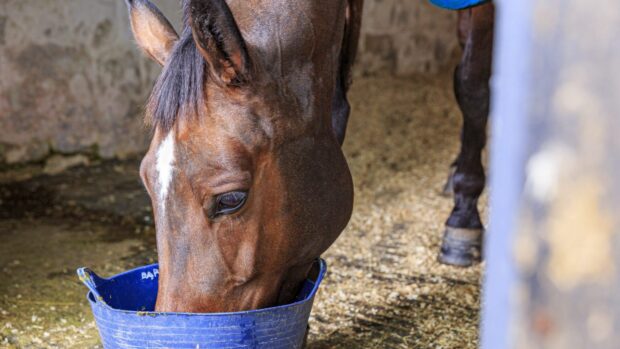If for humans the maxim is five portions of fruit or vegetables a day, the typical horse (who weighs about seven times more) must be approaching 40!
Fortunately, horses eat grass, which is a substitute for the majority of these portions, but stabled horses do appreciate succulent extras.
Carrots and apples are the most commonly fed, but bananas are also popular worldwide, as are soft fruits such as berries, grapes, pears, plums and apricots, as well as vegetables like swedes and turnips. Vast quantities of succulents were shipped to the equestrian park at Athens and British Olympic dressage horse Active Walero is known to have a particular penchant for unblemished bananas.
Fruits and vegetables are essentially a wet and nutritious sweet, full of water and sugar.
Freshly served, they are about 90% water, with any nutrition coming from the 10% dry matter that, while predominately sugar, also contains vitamins and natural plant antioxidants, albeit in relatively tiny amounts.
These days, their value lies mostly in their succulence, but in earlier times, carrots in particular were a staple part of heavy horse diets. Rates of 12-13kg per day were not uncommon, and can still be fed today by some heavy horse keepers.
So are they worth inclusion in your horse’s diets? Almost certainly the answer is yes, if only to make sure the horse enjoys his food by adding some tasty variety. This is especially true if the horse is a fussy eater or has gone off his food for some reason, such as the stress of competition.
Unless you are feeding kilos of them, though, don’t rely on significant nutrient additions to the diet.
Eat your veg



